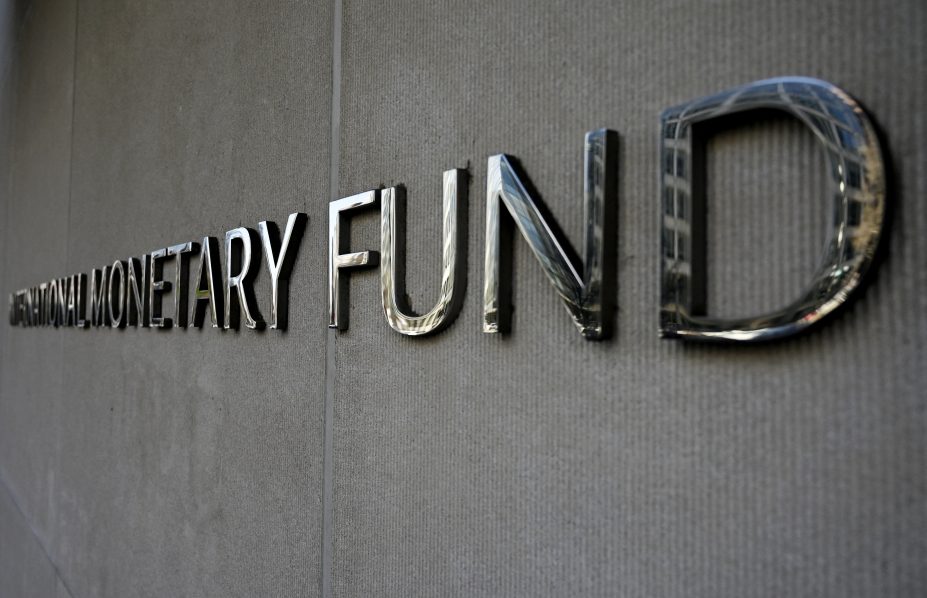
ActionAid has stated that the recent World Economic Outlook by the International Monetary Fund (IMF) is colonial in nature, stressing the need for the organisation to adopt a broader approach to assessing the economic performance of countries.
ActionAid’s Global Economic Justice Lead, Roos Saalbrink, remarked in a statement that the IMF is neglecting to consider the real impacts of its fiscal policy reform advice on people’s lives.
He noted the irony in the IMF’s concern over public opinion regarding reforms, stating that the real issue lies in the devastating impact of economic policies on those experiencing the cost-of-living crisis.
“It is absurd to claim that people’s perceptions of reforms stand in the way; the focus should be on how to address the reality of the cost-of-living crisis,” he stated.
ActionAid’s Women’s Rights Policy Advisor, Lina Moraa, added that the Finance Bill protests in Kenya and similar protests elsewhere indicate that it is time to move beyond outdated economic policies and systems that disproportionately affect the Global South, especially women and girls.
She pointed out that the IMF currently leaves women unfairly exposed to the impacts of its economic reform policies, as the invisible burden of unpaid care and domestic work on women cannot remain in the shadows due to the IMF’s economic policies.
ActionAid called on the IMF and governments to review all economic policies using systematic gendered and distributional impact assessments.
Jessica Mandanda, Policy Specialist at ActionAid UK, stressed the need for a shift towards metrics that capture well-being economies—an economy that focuses all decision-making on the interests of people and the planet.
“There is considerable evidence showing that the GDP measure does very little, if anything, to account for the people behind the economy, especially women,” she stated.
She added, “We urgently need a metric that accounts for women’s experiences and acknowledges their contributions through unpaid care work, while also re-centring care, human rights, women’s rights, and environmental sustainability from an intersectional perspective.”
Celestine Odo, Head of Programmes at ActionAid Nigeria, expressed concern over the IMF’s admission that one-third of African countries are still suffering from double-digit inflation alongside high debt service, indicating a clear need for an overhaul of the institution.
He noted, “It is telling that the IMF was unable to answer a question regarding the poverty and inequality impact of its recommended fuel subsidy reform in Nigeria. The impact on people’s poverty and livelihood, especially on women and young persons, in Nigeria is undeniable.”
He concluded, “It is sad that the IMF lacks focus on real people, choosing instead to concentrate on high-level metrics. The IMF must look in the mirror and adjust its reform to remain relevant to the challenges our countries are facing.”






